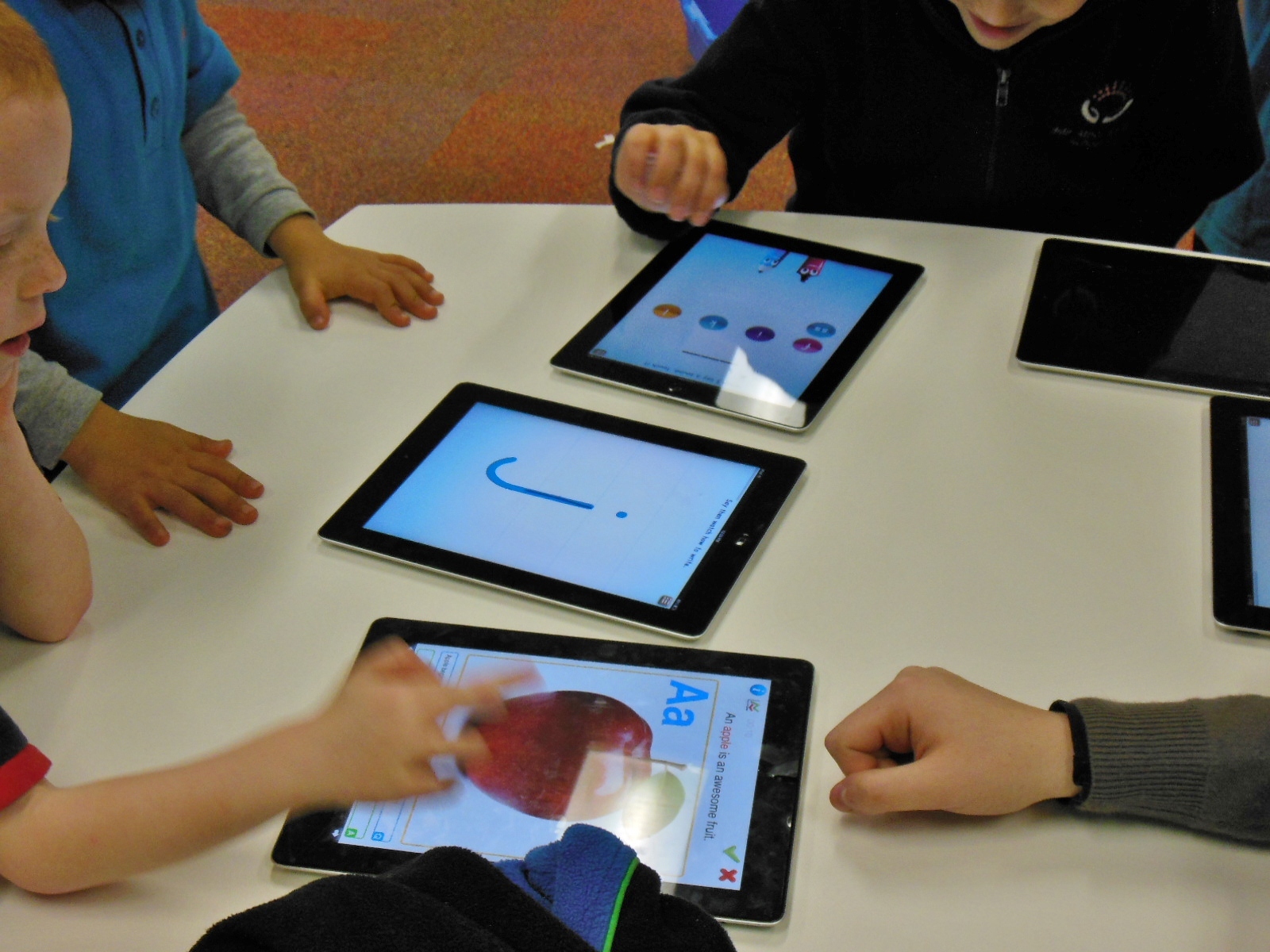
The researchers built upon previous work demonstrating that seeing and hearing something simultaneously results in stronger memories. They decided to test how well people remembered when they only saw, heard, or touched something. Over 100 UI undergraduate students participated in the experiments.
In the first test, participants were subjected to stimuli at intervals of one to 32 seconds, either hearing a pure tone in their headphones, looking at squares in varying hues of red, or feeling low-intensity vibrations through an aluminum bar. For all modalities, memory declined after longer time delays, but the steepest decline was observed in regards to auditory stimuli. Participants could not remember sounds after as little as four to eight seconds.
For the second experiment, the researchers tested memory using more banal stimuli. The participants listened to recordings of barking dogs, watched a silent video of a basketball game, and felt objects like coffee mugs that were hidden from view. When tested about how much they remembered anywhere from an hour to a week later, the participants were much worse at remembering what they had heard. However, they recalled the visual and tactile sensations at about the same levels, making this the first study to demonstrate that visual and tactile memory is nearly equal.
This study has strong implications for teachers. Educators cannot assume that students will remember what they say. According to these findings, students need visual or hands-on activities to aid retention.
“We tend to think that the parts of our brain wired for memory are integrated. But our findings indicate our brain may use separate pathways to process information. Even more, our study suggests the brain may process auditory information differently than visual and tactile information, and alternative strategies … may be needed when trying to improve memory,” explained Amy Poremba, associate professor in the UI Department of Psychology and corresponding author for the paper.
This research is published in the journal PLOS One.
Previous news in memory:



 © 2025 Unyte Health US Inc.
© 2025 Unyte Health US Inc.